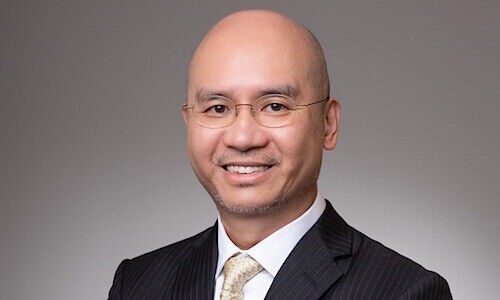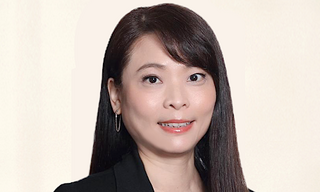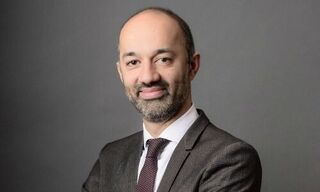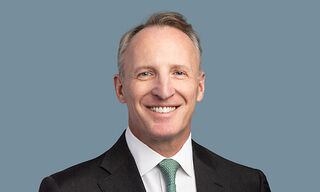Lloyd's boss Antonio Horta Osorio suffered five sleepless nights before he could admit he had a problem. Now, the CEO of one of Britian's largest lenders wants to help his colleagues avoid the same fate.
Antonio Horta-Osorio has seen peaks and valleys in his career: the boss of Britain's Lloyd's Bank was finally able last May to buy back the last shares the government was forced to purchase to shore up the bank - and return a profit.
But Horta-Osorio, who is Portuguese, was criticized for what was seen as an exhorbitant salary or a very public extra-marital affair. But how lowest point was undoubtedly 2011. Just eight months after taking the top job at Lloyd's, he took a break for stress leave and admitted himself to a renowned London clinic, to the shock of the banking industry.
Wake Up Tired
Horta-Orsorio told Britain's «Sunday Times» (behind paywall) how we beat the burnout which began with sleep deprivation. His thoughts centered on the bank – then not yet out of the woods following the financial crisis and government bailout.
«You wake up very, very tired and you have to go to work and when you go back home at night you already know that you are not going to be able to sleep properly,» Horta-Osorio said. The banker was unable to recover on a two-family holiday, which he says he wasn't able to enjoy because he felt guilty for being away.
Nine Days Shut Off
But like many banking executives, Horta-Osorio didn't want to speak to anyone. A banking wunderkind who has been in senior roles since his late 20s, he had always understood leadership roles to be lonely postings.
But his insomnia worsened. After he hadn't slept for five days, he checked himself into the Priory, a pricey clinic popular with the jet set for addiction and mental health issues. Once there, he slept 16 hours a day with the help of sleeping tablets. Horta-Osorio was sealed off from the outside world in the Priory, where he remained for nine days.
Lloyd's Program
Psychiatrist Stephen Pereira helped him into new habits and methods to deal with extreme stress. Nowaways Horta-Osorio, whose career as well as his marriage seems to have survived the affair last year, is home with his family every night and in bed by 10:30 p.m. He doesn't read emails or take calls between 7 p.m. and 7 a.m., eats more protein and less carbohydrates, and has learned how to be more patient.
«And I became a better person, more patient, more understanding and more considerate. It was humbling but you learn.»
He also wants to take better care of his management team: together with Pereira, Lloyd's is launching a program for 200 top bankers to learn about nutrition analysis, mindfulness, psychological testing and physiological testing and tools for cognitive behavioural therapy. Horta-Osorio's hope is that the idea of «well-being» will seep into the company culture.
Swiss Burnout
Such programs are growing in popularity in the banking industry, but are still relatively rare in Switzerland. Burnouts are common, especially at Credit Suisse and UBS.
The industry's view of career breaks and personal time is exemplified by the pushback against former Raiffeisen boss Pierin Vincenz, who took a two-month sabbatical in 2013 –in line with the retail bank's employee policy.
The attitude to Vincenz' break could boomerang, as Horta-Osorio well knows: «I thought I was Superman. I felt I could do everything.» The burnout «showed me I was not Superman.»


























